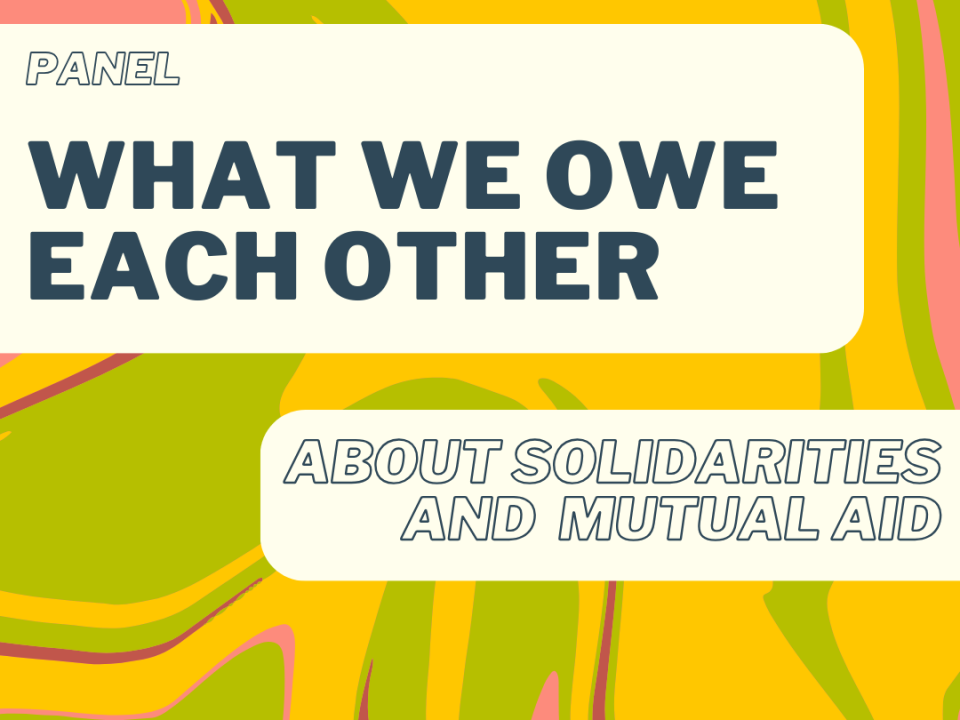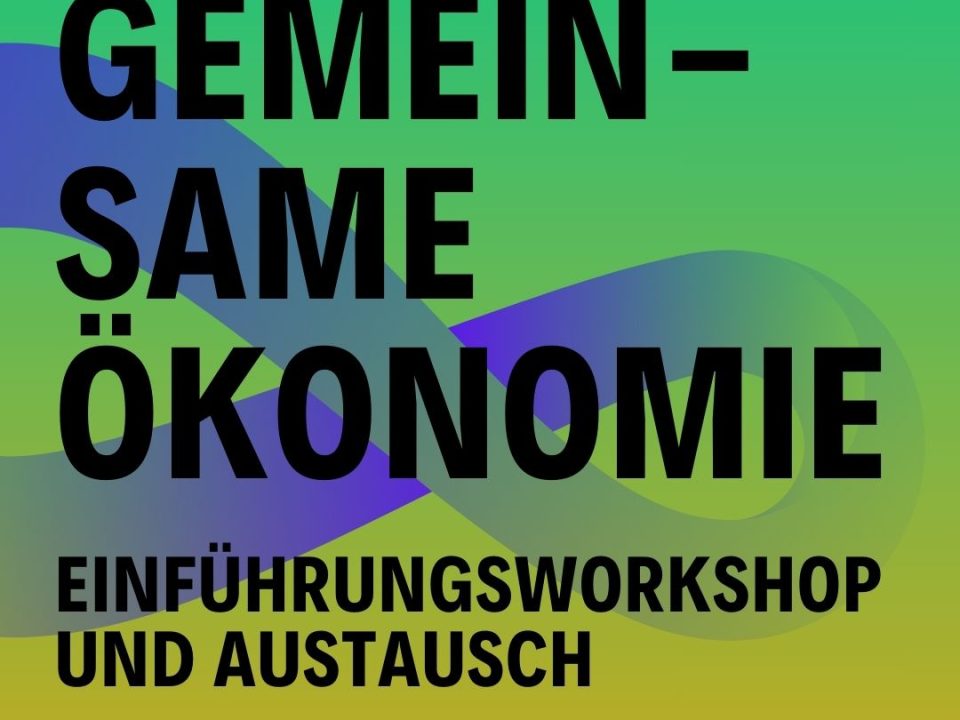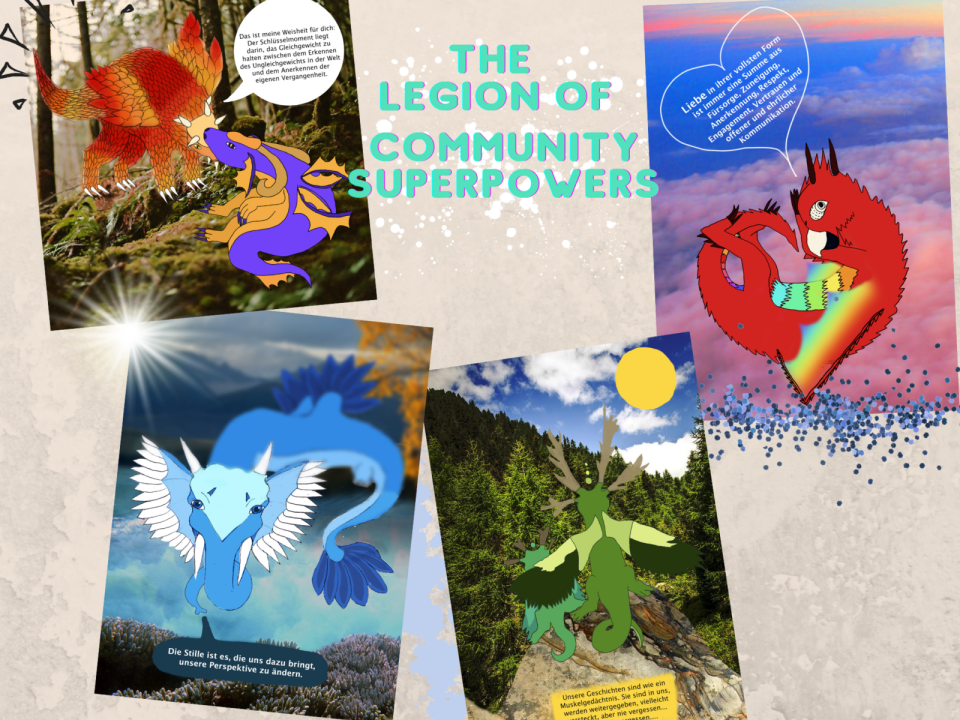
#CommunitiesSolidarischDenken
21.02.2020Neues von xart splitta….
24.02.2020Supported by LADS (Berlin State Office for Equal Treatment and against Discrimination of the Senate Department for Justice, Diversity and Anti-Discrimination), our focus from 2020 onwards will lie on the question of how we can think communities in solidarity #CommunitiesSolidarischDenken.
You can find more about our program in our events.
What does #CommunitiesSolidarischDenken mean for us?
- Spaces: Creating, exploring & sharing knowledge together, as marginalised communities; learning and unlearning from and with each other.
- Cross-Community: Challenging mechanisms of „divide & rule“, collectively and across communities. Recognition & empowerment with and through our different and specific experiences.
- Alliances: Alliance policies and the development of common strategies to draw attention to both our different and common realities.
- Intersectional: Working in a multilayered and multidimensional way; emphasising and being mindful of gaps, invisibilities and erasures.
- Historical perspectives: Entanglements and continuities – for action in solidarity and on a transnational basis.
- Sustainable: Documenting and publishing our processes and results.
In Germany and internationally we see ourselves confronted with constantly growing right-wing populist and racist tendencies. For us, the continuous development of new perspectives, thinking spaces and possibilities for action is one way of dealing with this. It is important to us that different forms of discrimination and racism are explicitly named and that their historical and structural interdependencies are addressed and analysed. Implementing this work within intersectional alliances and solidarities is thus a central starting point.
We want to create spaces in which we can jointly produce, exchange and pass on knowledge. In this way we want to irritate and break through hegemonic discourses that have silenced, overwritten or erased marginalised perspectives on history, historical developments and current situations. The moments and strategies of coming together and (common) resistance in the context of conditions of oppression and marginalisation are significant for analysis and practice.
A further central component of the project is the investigation of the necessary preconditions for successful alliance policies and alliances. This means to first of all critically question certain mechanisms of representation and invisibilities: Which perspectives and narratives are perceived and which are concealed or overwritten? Where are the gaps and how can we name them? It is precisely these narratives that need to be traced, perceived and (re)centred.
For the design and implementation of the project we will closely work with different communities, in which we are partly located ourselves. At a very early stage of the conceptual design, we will work with the help of participative methods, in order to reflect the multiperspectivity and multidimensionality that such a project must entail.
For inquiries and contact: contact@xartsplitta.net








